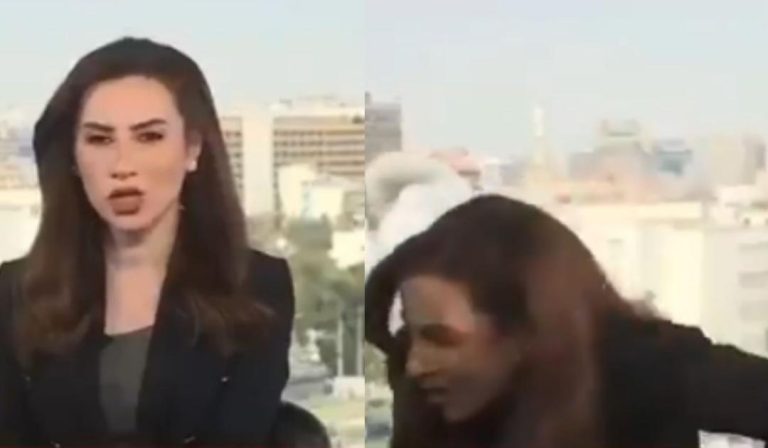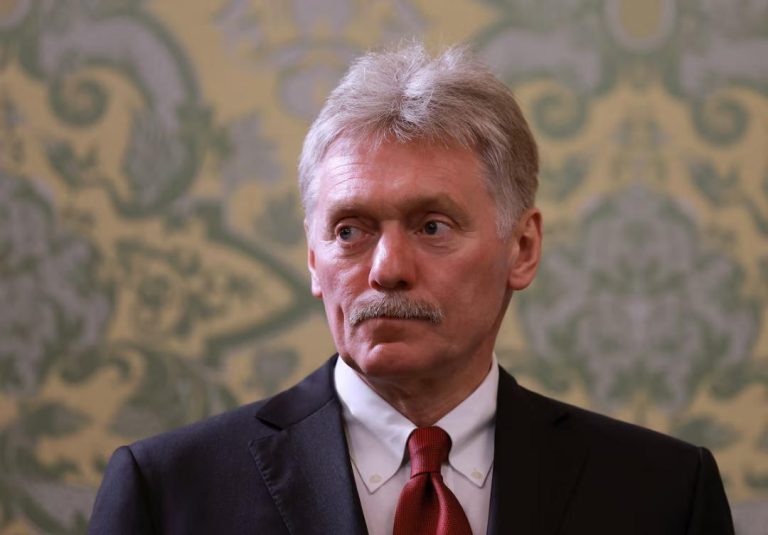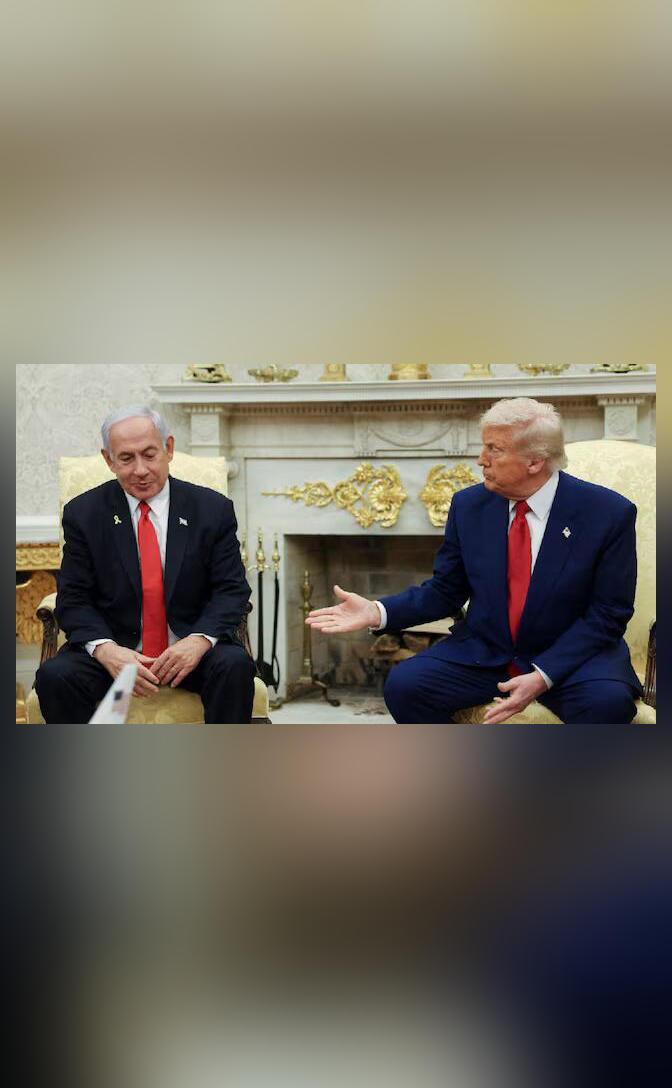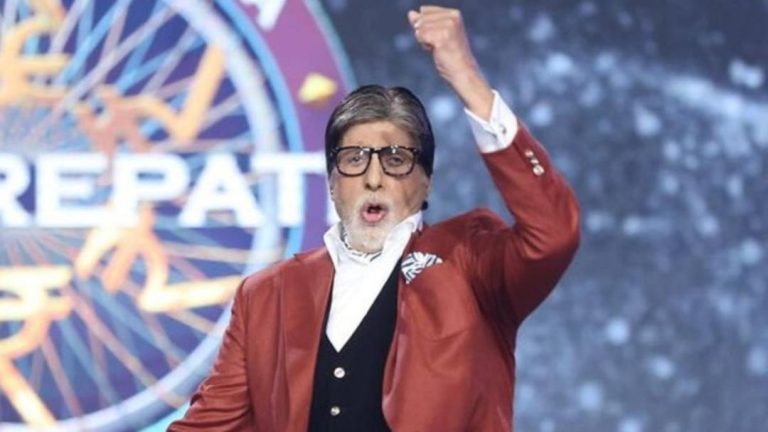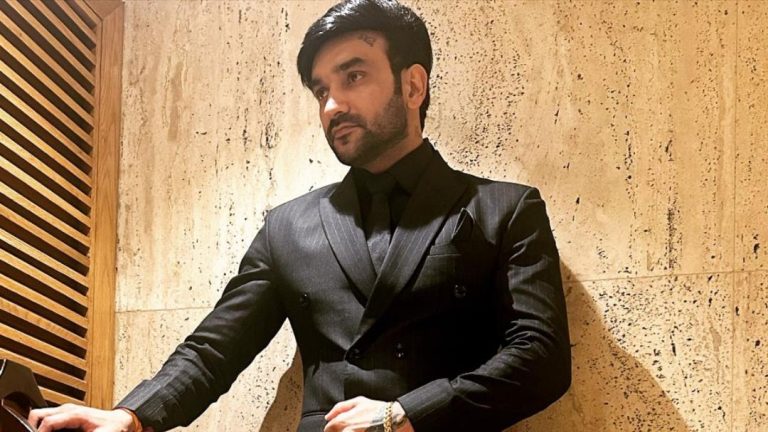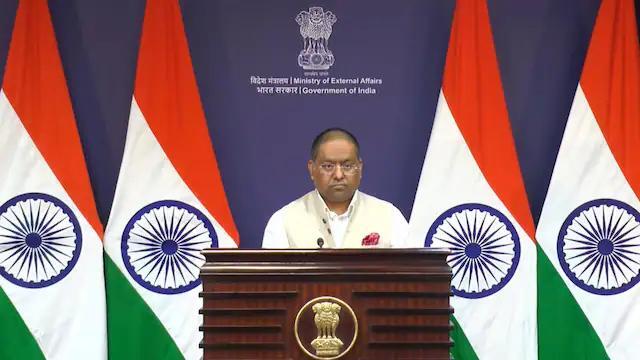
Bangladesh must ascertain people’s will, hold fair elections: MEA
The Ministry of External Affairs (MEA) has urged Bangladesh to conduct free and fair elections as soon as possible, ensuring that the people’s mandate is ascertained. This comes as the country’s interim leader, Muhammad Yunus, has announced plans to hold elections between December 2025 and June 30, 2026. Yunus has also stated that he will not stay in power beyond June 30 next year, paving the way for a peaceful transfer of power.
The MEA spokesperson, Randhir Jaiswal, emphasized the importance of holding inclusive and free elections, which are essential for democratic governance. He noted that Bangladesh should prioritize the people’s will and ensure that the elections are conducted in a transparent and fair manner. This is crucial for maintaining stability and credibility in the country’s political system.
The Indian government’s urging of Bangladesh to hold fair elections is not surprising, given the two countries’ close diplomatic ties. India has been a key player in Bangladesh’s development and has provided significant economic and military assistance to the country. Moreover, India and Bangladesh share a long and porous border, making it essential for the two nations to maintain good relations.
Bangladesh has faced several challenges in recent years, including political instability and economic uncertainty. The country has been governed by an interim caretaker government since the ouster of Prime Minister Sheikh Hasina in November 2024. The interim government has been tasked with overseeing the transition to democracy and ensuring a peaceful transfer of power.
The MEA’s call for fair elections comes at a critical time for Bangladesh. The country is facing significant economic and political challenges, including high inflation, power shortages, and a growing divide between the rich and the poor. The upcoming elections present an opportunity for Bangladesh to address these challenges and restore stability to the country.
Bangladesh has a history of holding elections, but the process has often been marred by violence, rigging, and irregularities. The country’s last general election in 2018 was widely criticized for being rigged in favor of the ruling Awami League party. The election was marked by allegations of vote rigging, intimidation of opposition candidates, and violence against opposition supporters.
In recent months, Bangladesh has taken steps to reform its electoral process. The country has introduced a new electronic voting system, which is expected to increase transparency and reduce the risk of fraud. Additionally, Bangladesh has established an Election Commission, which is responsible for overseeing the electoral process and ensuring that elections are conducted in a fair and transparent manner.
The MEA’s call for fair elections is also significant in the context of India’s own electoral history. India has a long history of holding democratic elections, but the process has often been marred by allegations of corruption, vote buying, and violence. The Indian government’s urging of Bangladesh to hold fair elections is a reminder of the importance of maintaining democratic norms and values in the region.
In conclusion, the MEA’s call for Bangladesh to hold fair elections is a crucial step towards ensuring the country’s democratic stability. The Indian government’s urging of Bangladesh to prioritize the people’s will and ensure a peaceful transfer of power is a welcome development. As Bangladesh prepares for its upcoming elections, it is essential that the country’s political parties and leaders prioritize the interests of the people and work towards creating a fair and transparent electoral process.
